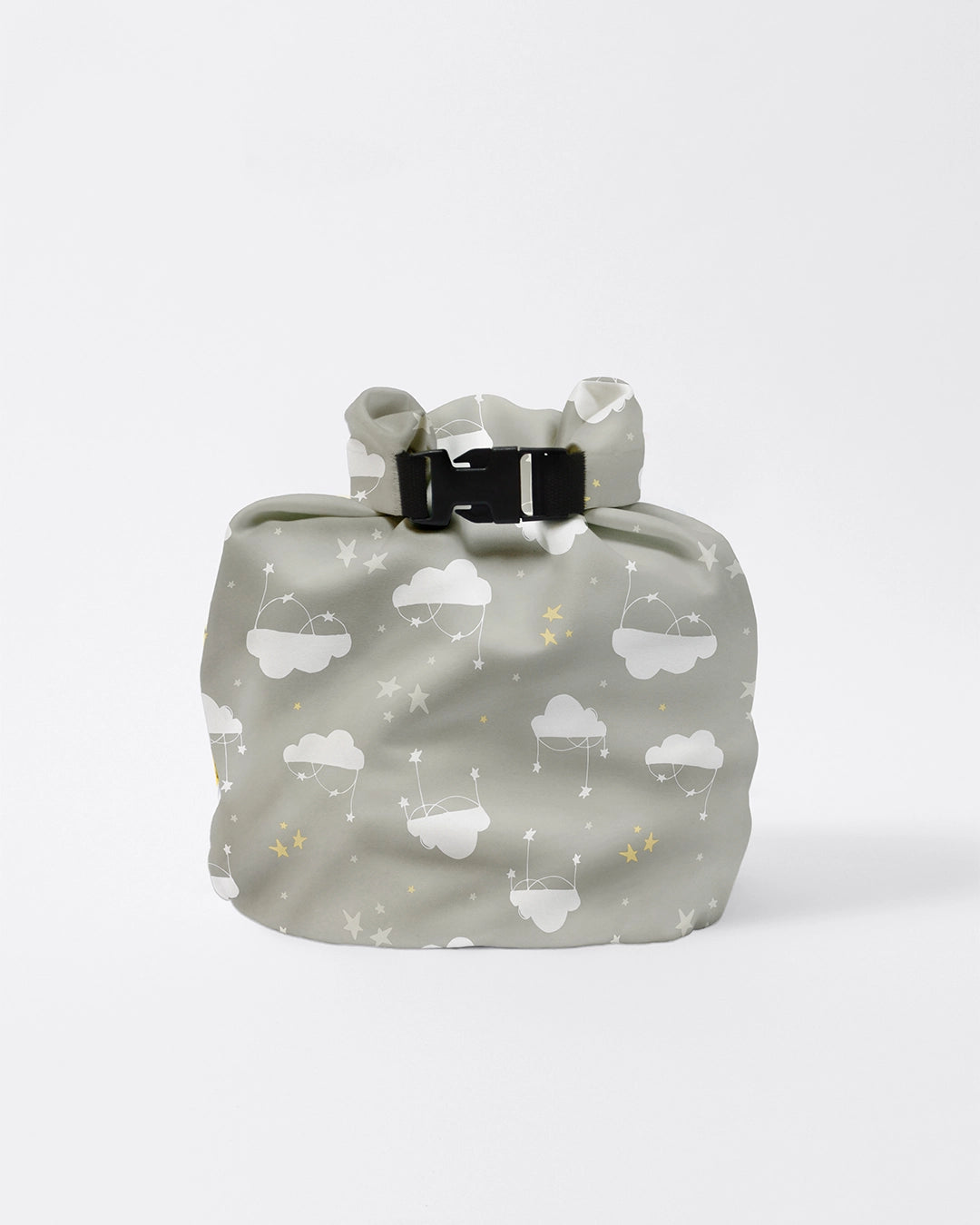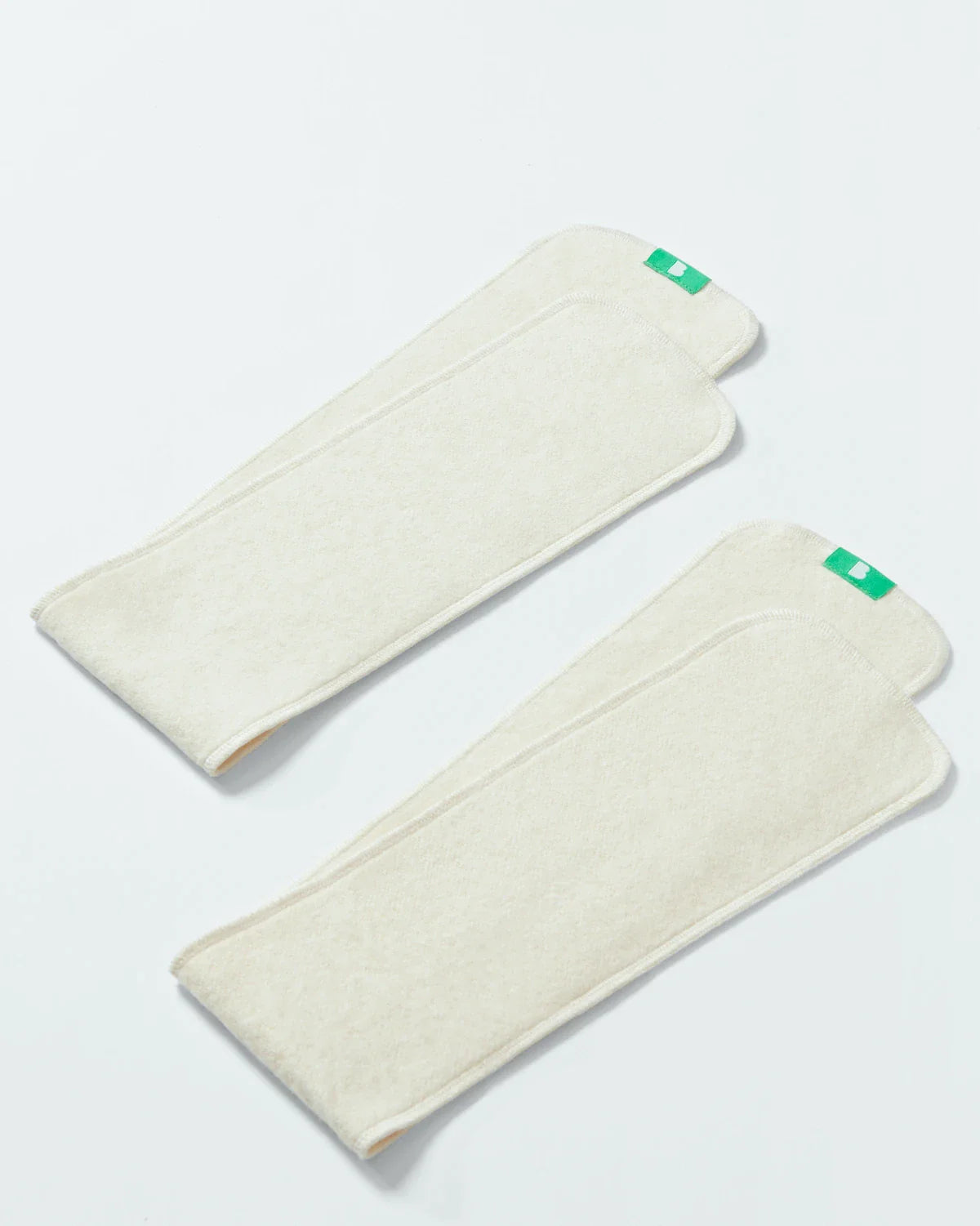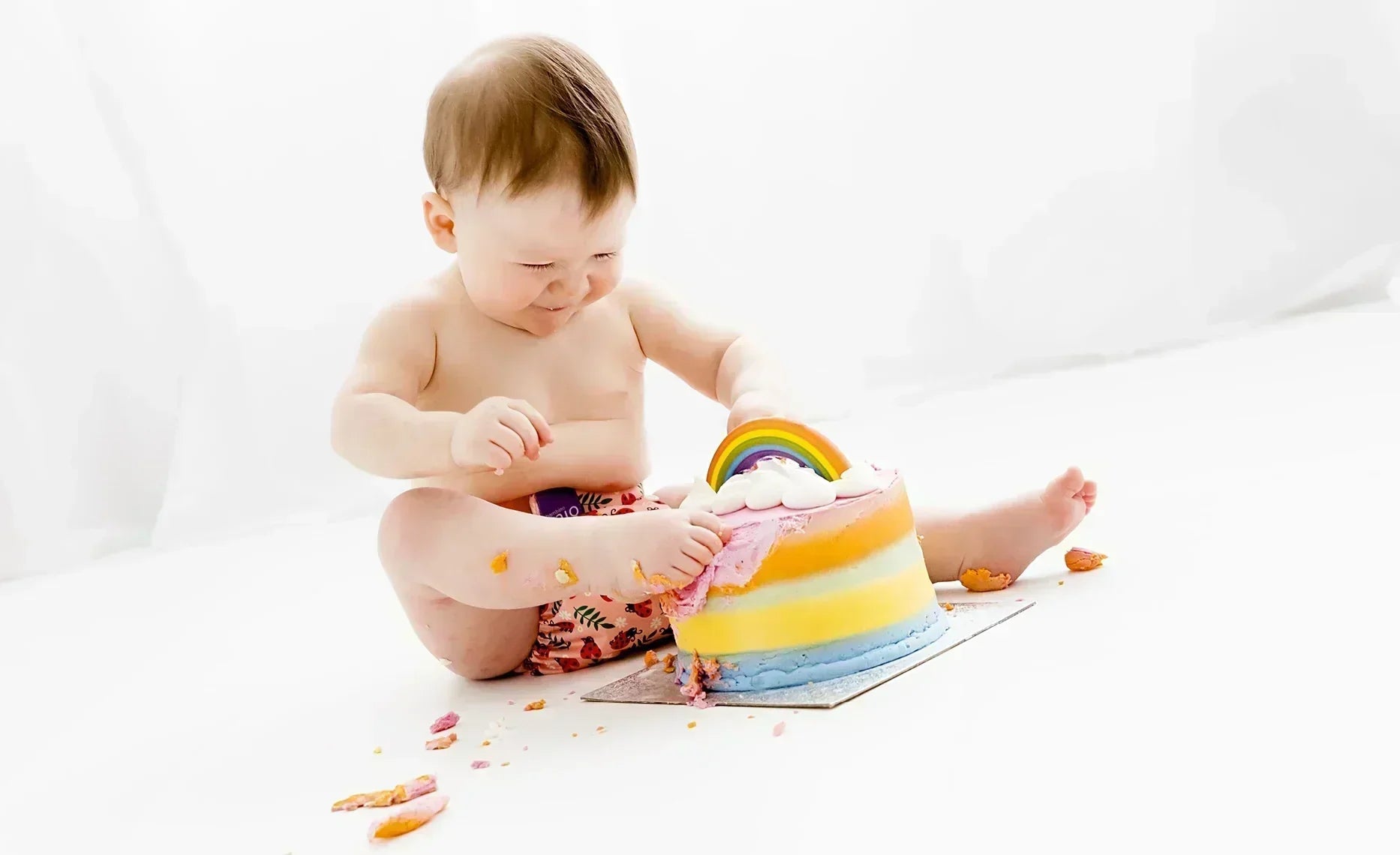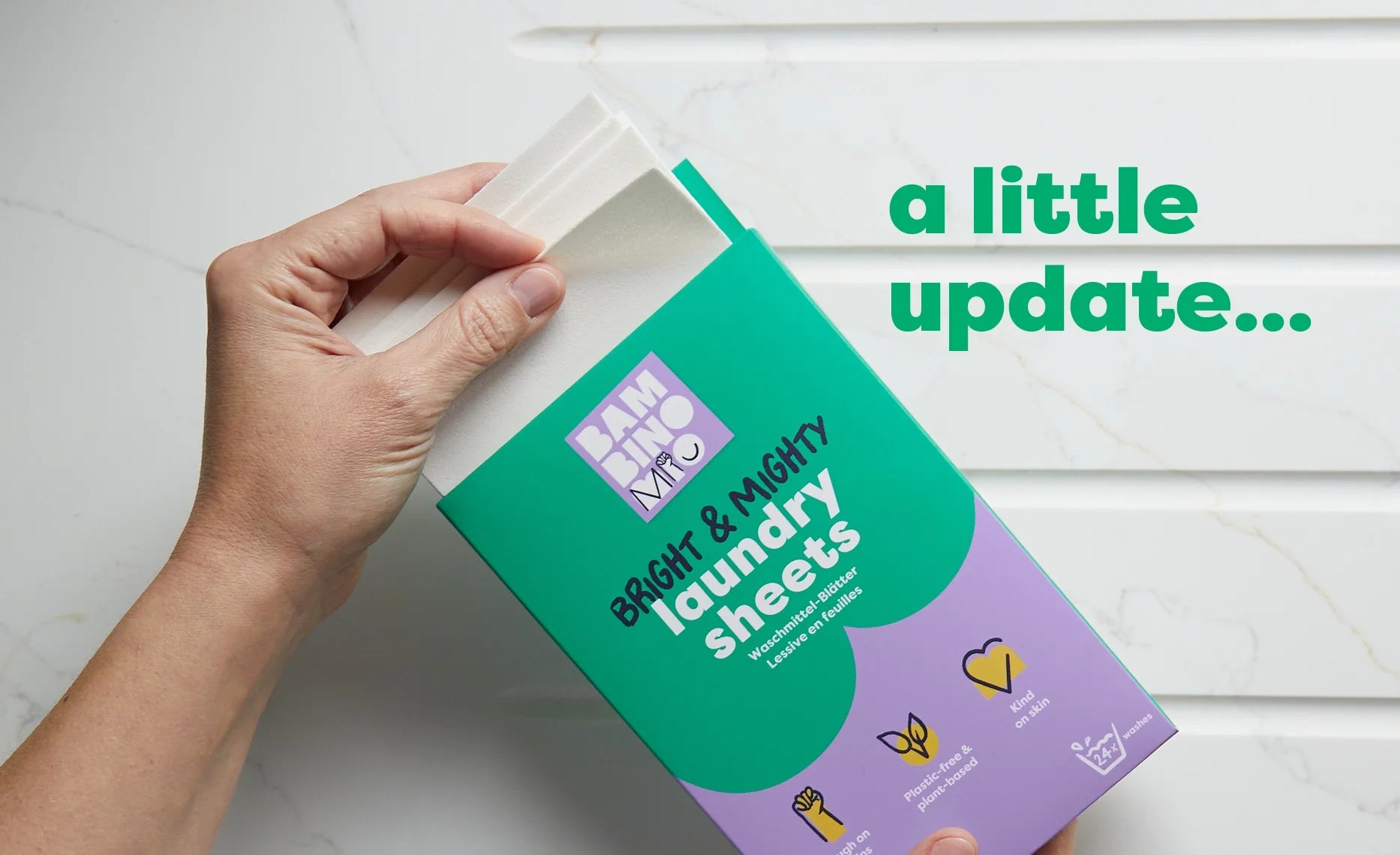Do Babies Sleep More When Teething?
Share Options
- Bambino Mio
- 12 / 09 / 2023
Inside this Article:
The first year of your baby’s life is a time of immense change and growth and one of the defining changes you’ll notice is the appearance of your baby’s first teeth.
Babies start to get teeth at around six months of age, usually with their bottom incisors erupting first, followed by the top incisors a few months later.
Does teething make babies more tired?
While it might seem as if your baby’s teeth just suddenly appear, they actually move up through the gum, where they’ve been growing since 10 weeks of pregnancy.
This movement can cause discomfort and fussiness for many babies and you might wonder what effect teething has on babies’ sleep. By the time your baby is around 30 months old they should have 20 pearly whites (1), which have come through in stages, so will your baby sleep more when they have a bout of teething?
The answer, as with many baby-related questions, is maybe. Sometimes teething means more sleep and sometimes teething means less sleep.
Teething babies show several symptoms
While lots of parents will say teething causes a fever and stomach upsets, there’s no real evidence to support this (2). We do know that there are definite signs of teething in babies, including:
- Increased irritability or fussiness
- More drooling than usual
- Increased chewing, especially on anything solid, such as toys or clothes
- Red, swollen or painful gums
Your baby might not show any teething symptoms, or show signs of teething when cutting some of their teeth but not others.
What about teething and sleep?
It seems, according to the information from various studies, that teething reduces the amount of sleep babies get. One study looked at 125 babies (3) and how they fared throughout almost 500 individual tooth eruptions.
A lot of the parents reported that their babies (and themselves) had less sleep during periods of teething, not more sleep. It’s understandable, as if something is causing pain or discomfort, it’ll interfere with your baby’s sleep or wake them up earlier than usual.
Can babies ever sleep more when they’re teething?
Other than causing discomfort which can interfere with sleep, there’s no reason for teething alone to change your baby’s sleeping habits.
If your baby is sleeping more during a bout of teething, the real reason could be something else entirely.
Growing is hard work and can make your baby sleepier
Your baby will triple their birth weight before their first birthday and will grow by up to 26cm (10in). There’s a link between the amount and duration of sleep a young child gets and their growth (4), with more zzzzzs occurring during growth spurts.
If a new tooth coincides with a growth spurt, you might think it’s the more-obvious teething making your baby sleepy when it’s actually because your baby is busy growing.
Your baby might sleep more if they’re under the weather
Some symptoms of teething, such as fussing, a red face and a mild fever are similar to the symptoms of a cold or other bug. A bug often makes people (including tiny ones) want to sleep more, so keep an eye on your baby if they seem unwell or extra sleepy and call your GP if their condition gets worse.
Citations and References
- National Health Service (NHS). ‘Teething. Baby Teething Symptoms.’ 2022. Web. www.nhs.uk/conditions/baby/babys-development/teething/baby-teething-symptoms
- Healthline. ‘Can Teething Cause a Fever in Babies?’ 2019. Web. www.healthline.com/health/teething-fever
- National Institutes of Health (NIH). National Library of Medicine. PubMed. ‘Symptoms Associated with Infant Teething: a Prospective Study.’ 2000. Web. pubmed.ncbi.nlm.nih.gov/10742315
- National Institutes of Health (NIH). National Library of Medicine. PubMed. ‘Infant Growth in Length Follows Prolonged Sleep and Increased Naps.’ 2011. Web. www.ncbi.nlm.nih.gov/pmc/articles/PMC3079944







































